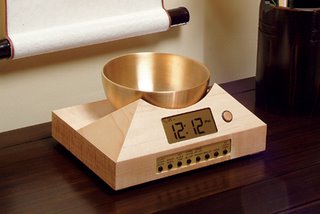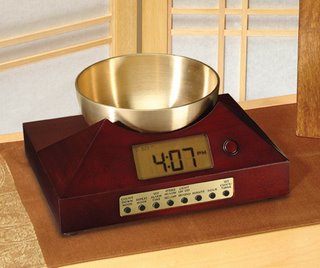
how knowing your dosha can help you avoid sleepless nights
Sleep is natural to life—just look at how well babies do it—and any problems we encounter should have a natural solution. Our inner sleep rhythm should connect to the rhythms of nature, or more specifically of daylight. Normally, as daylight fades, the body’s biological clock triggers the release of melatonin from the pineal gland, making us feel sleepy. The onset of morning light triggers a drop in melatonin, causing us to wake up.
Yet if sleep is so natural, why do an estimated 75 percent of Americans develop sleep problems? Probably because our lifestyles have become so un-natural. Late nights, evening computer- and cell-phone use, and sleeping late all alter this natural pattern of melatonin secretion. Add alcohol and caffeine consumption and late-evening meals to those years of cumulative abuse, and you end up with chronic sleep problems. To top it off, melatonin production tends to decrease as we age, further reducing the quality of our sleep.
Ayurveda considers sleep to be one of three key pillars of health. It recognizes the role of biological rhythms and identifies six time periods throughout the day that affect sleep by affecting our doshas—the three fundamental processes that guide our body’s functioning. The doshas include mind and movement (vata), metabolism (pitta), and structure (kapha). To improve sleep, ayurveda suggests going to bed before 10 p.m., during the cycle dominated by the heavy, slow-moving kapha dosha, when you naturally feel more mellow and sleepy. If you go to bed then, you’ll fall asleep easier and your sleep will be deeper.
The other pivotal point in the daily cycle occurs at 6 a.m. If you wake up before then, during the time of the morning dominated by quick moving vata dosha, you should have more clarity and dynamism.
As you and your husband illustrate, not everyone suffers from the same sleep problem. If your mind is whirling, your body tense, and you can’t fall asleep, chances are you have a dominant vata dosha. Your husband’s sleep problem on the other hand, waking up between 2 a.m. and 4 a.m., usually stems from a disturbance in the hot pitta dosha. People who sleep eight hours but still feel exhausted commonly have an excess of the slow, heavy kapha dosha. In each case, it’s important to balance the dominant tendency with diet and lifestyle choices.
Ayurvedic Sleep Aids
If you have trouble falling asleep (vata)
•Go to bed before 10 p.m., earlier in winter.
•Rub warm olive oil on your head and feet right before bed to calm an overactive mind.
•Avoid caffeine, raw foods, crackers, cold cereal, and other dry, light foods that aggravate vata dosha.
•Avoid TV, intense phone conversations, and exercise after 9 p.m.
•Choose quiet evening activities to wind down, such as washing dishes, folding clothes, and other simple tasks.
If you wake up between 2 a.m. to 4 a.m. (pitta)
•Avoid computer use and other work at night. Organize a to-do list to get a head start on the morning and settle your mind before bed.
•Avoid arguments or controversial discussions at night.
•Take an evening walk to clear your brain and cool your body.
•Avoid spicy or fried foods at night.
•Eat a juicy pear every day to cool the hot pitta dosha.
•Drink warm milk flavored with cooling organic rose syrup before bed.
•Rub your head and feet with coconut oil before bed.
If you feel exhausted after a good night’s sleep (kapha)
•Eat a light soup with whole-grain crackers or steamed vegetables for your evening meal.
•Flavor your food with digestion-stimulating spices, such as fresh ginger, cumin, and black pepper.
•Avoid meat, cheese, potatoes, and heavy desserts at supper, as these tend to clog the tissues, promoting snoring, apnea, stiffness, and morning lethargy.
•Make an effort to get up before 6 a.m.
•Exercise daily, if possible during the morning kapha cycle between 6 a.m. and 10 a.m.
Our Zen Timepiece’s acoustic 6-inch brass bowl-gong clock is the world’s ultimate alarm clock, practice timer, and “mindfulness bell.”

Singing Bowl Clock - Gradual Clock - with Progressive Gongs
It fills your environment with beautifully complex tones whenever it strikes. In the morning, its exquisite sounds summon your consciousness into awakening with a series of subtle gongs that provide an elegant beginning to your day. Once you experience the Zen Timepiece’s progressive awakening, you’ll never want to wake up any other way. It also serves as the perfect meditation timer. Available in 5 wood styles, including bamboo.
adapted from Natural Solutions Magazine, September 2006 by Nancy Lonsdorf

Tibetan Chime Clock with Brass Bowl Gong
Now & Zen’s Gradual Clocks
1638 Pearl Street
Boulder, CO 80302
(800) 779-6383
Posted in Now & Zen Alarm Clocks, sleep, Sleep Habits